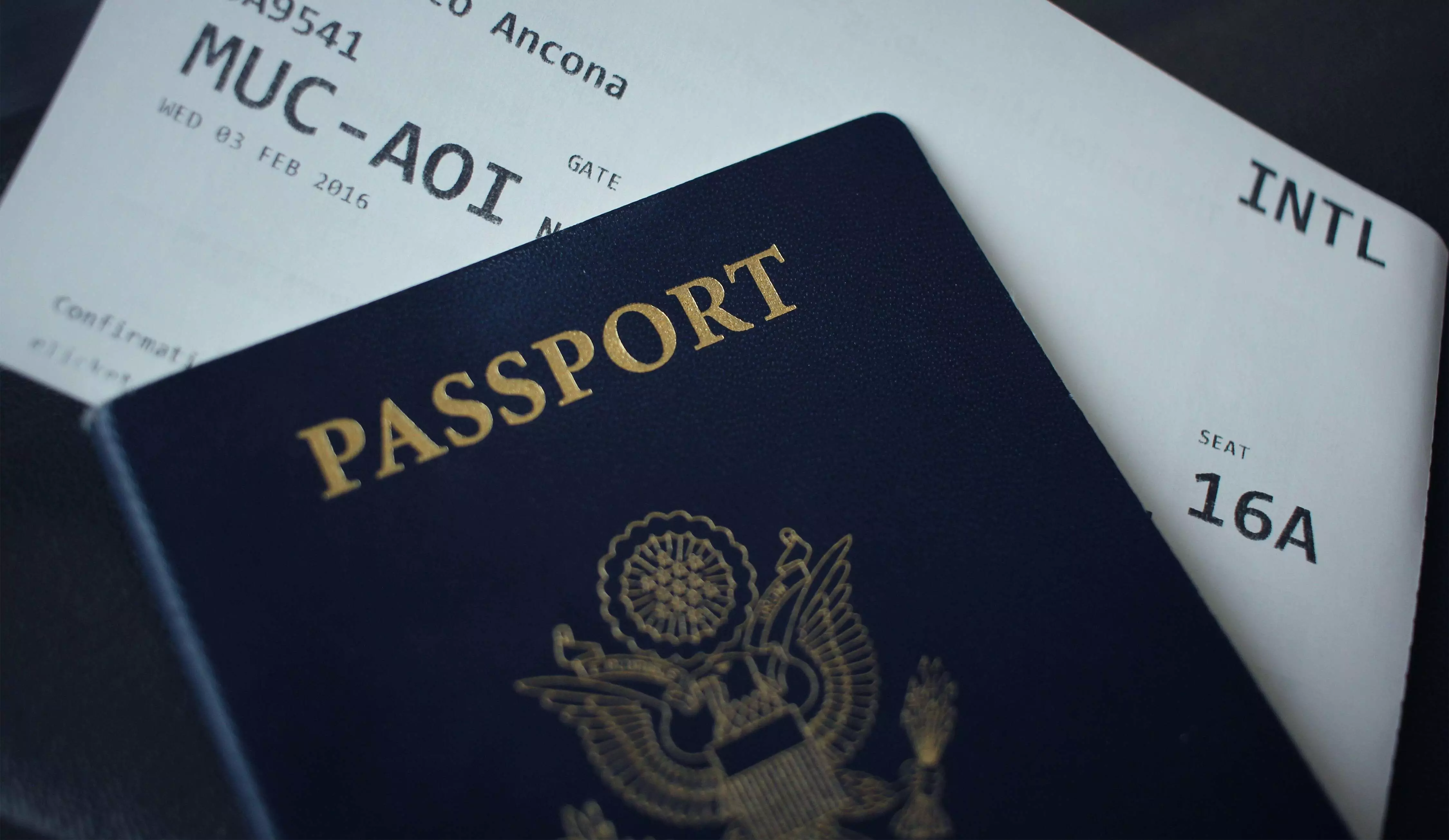Curb or caution?
The Passports Act, 1967 allows authorities to revoke passports for reasons including wrongful possession, national security, pending criminal proceedings, or if issued under false information

The right to travel abroad is an issue that impacts many. A passport is a basic document, and the Passports Act, 1967, governs the issuance of passports and travel documents to regulate the departure of Indian citizens and other persons from India, as well as matters incidental or ancillary thereto.
The impounding of passports has been reviewed by courts time and again. Courts have clarified that principles of natural justice must be followed before impounding a passport. In Suresh Nanda vs CBI, 2008, the Supreme Court held that neither did the passport authority issue an order to impound the passport, nor was the appellant given an opportunity to be heard by the passport authority before impounding the document. Instead, the CBI had retained possession of the passport (which, in effect, amounted to impounding it) since October 2006. The Court considered this to be clearly illegal.
The Supreme Court further clarified that even a court does not have the authority to impound a passport. While Section 104 of the CrPC states that the Court may, if it deems fit, impound any document or thing produced before it, this provision does not extend to passports. This is because the power to impound a passport is provided under Section 10(3) of the Passports Act. As the Passports Act is a special law, it prevails over general law, as expressed in the maxim Generalia specialibus non derogant. Therefore, the Court ultimately held that while it can impound other documents or items, it cannot impound a passport.
As per the Passports Act, 1967, the passport authority may impound or cause to be impounded, or revoke, a passport or travel document if the passport authority is satisfied that the holder of the passport or travel document is in wrongful possession thereof; if it deems it necessary to do so in the interests of the sovereignty and integrity of India, the security of India, friendly relations with any foreign country, or in the interests of the general public; if proceedings in respect of an offense alleged to have been committed by the holder are pending before a criminal court in India; if the passport or travel document was obtained by suppressing material information or providing wrong information by the holder or any other person on their behalf, provided that if the holder of such a passport obtains another passport, the passport authority shall also impound or revoke such other passport; if the holder has, at any time after the issue of the passport, been convicted by a court in India for an offense involving moral turpitude and sentenced to imprisonment for not less than two years; if any conditions of the passport have been contravened; if the holder has failed to comply with a notice requiring them to deliver it up, as per provisions; if a warrant or summons for the appearance, or a warrant for the arrest, of the holder has been issued by a court, or if an order prohibiting their departure from India has been made by any such court.
The cases of Satwant Singh Sawhney (1967) and Maneka Gandhi vs. Union of India (1978) are also well-known rulings on the fundamental right to travel. Even the International Covenant on Civil and Political Rights of 1966 has addressed the right to travel abroad, though it includes certain disclaimers and restrictions. The Supreme Court has clarified time and again that if there is a contradiction or conflict between national and international law, national law will prevail. Regarding criminal law, the courts have held that a person facing a criminal trial is generally entitled to travel abroad, subject to reasonable restrictions.
The sum and substance of these legal provisions is that no person can be deprived of their life or personal autonomy except according to procedures established by law, and that all actions must adhere to the parameters of the law.
The writer is a practising Advocate in Supreme Court and High Court of Delhi. Views expressed are personal



